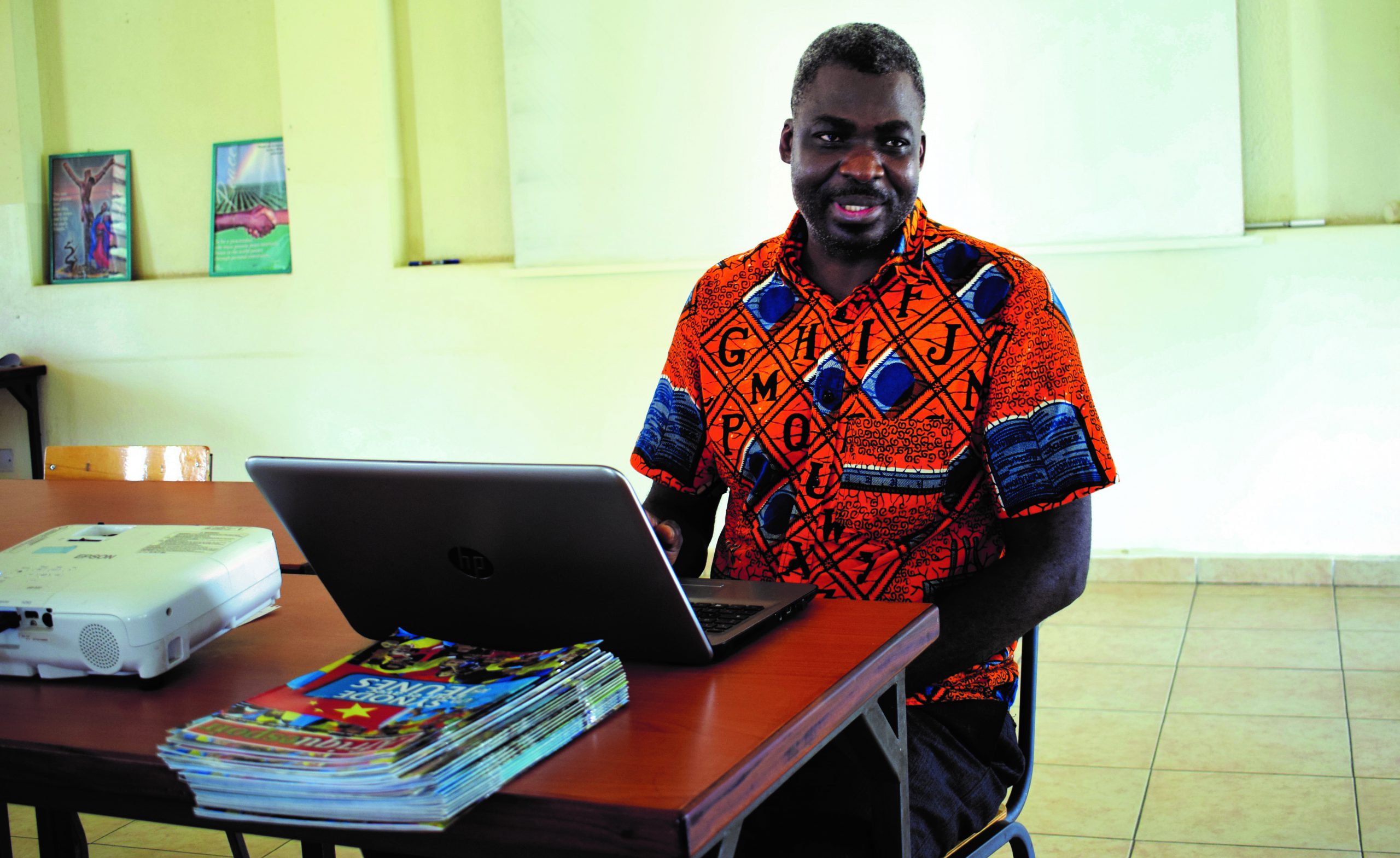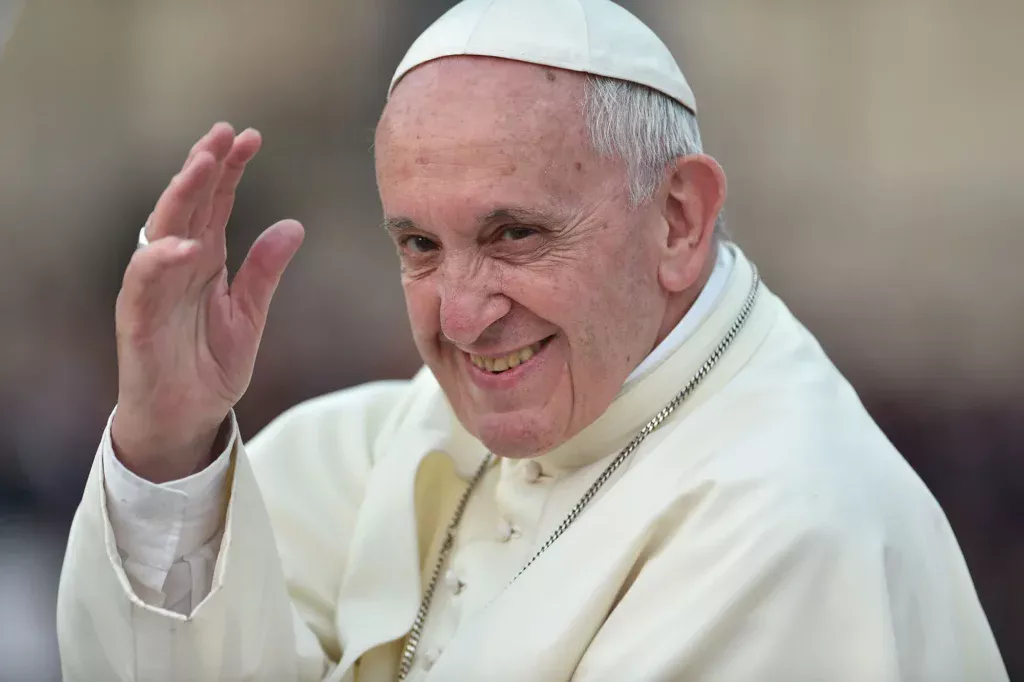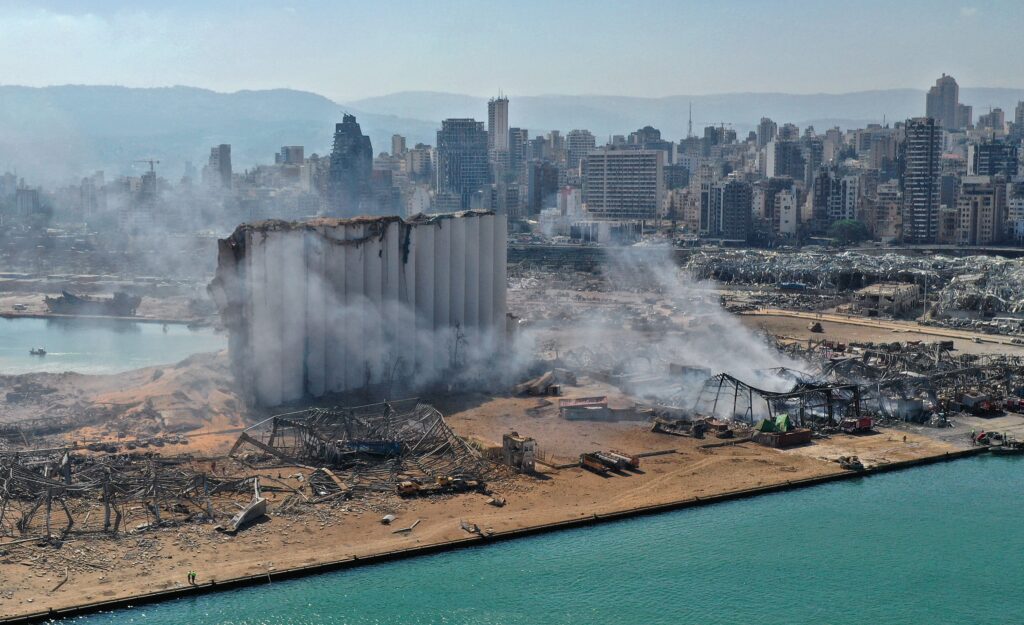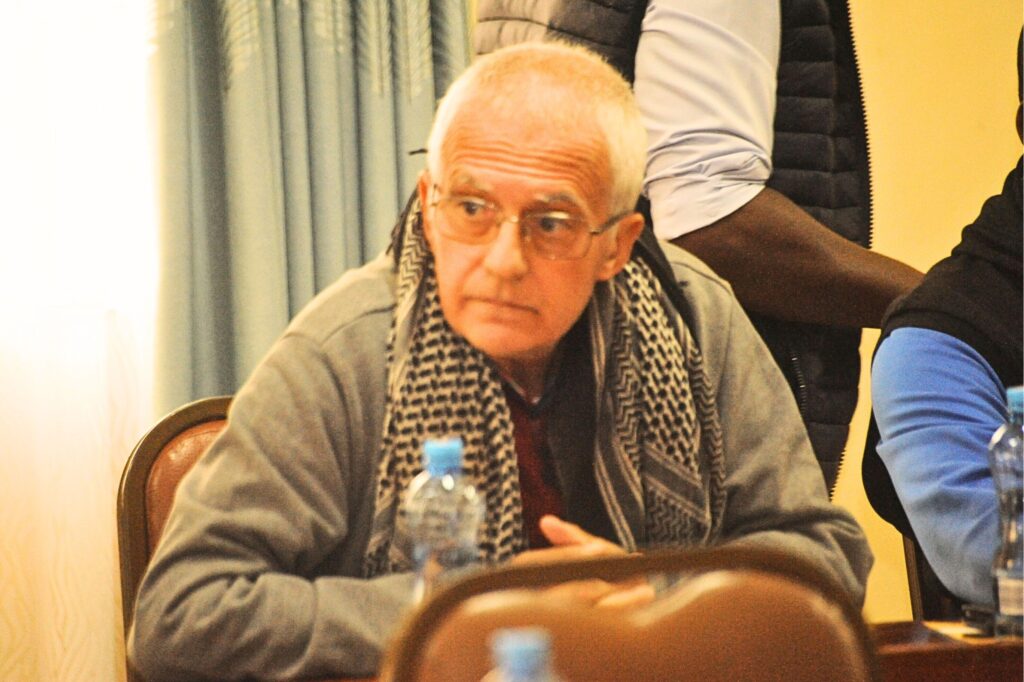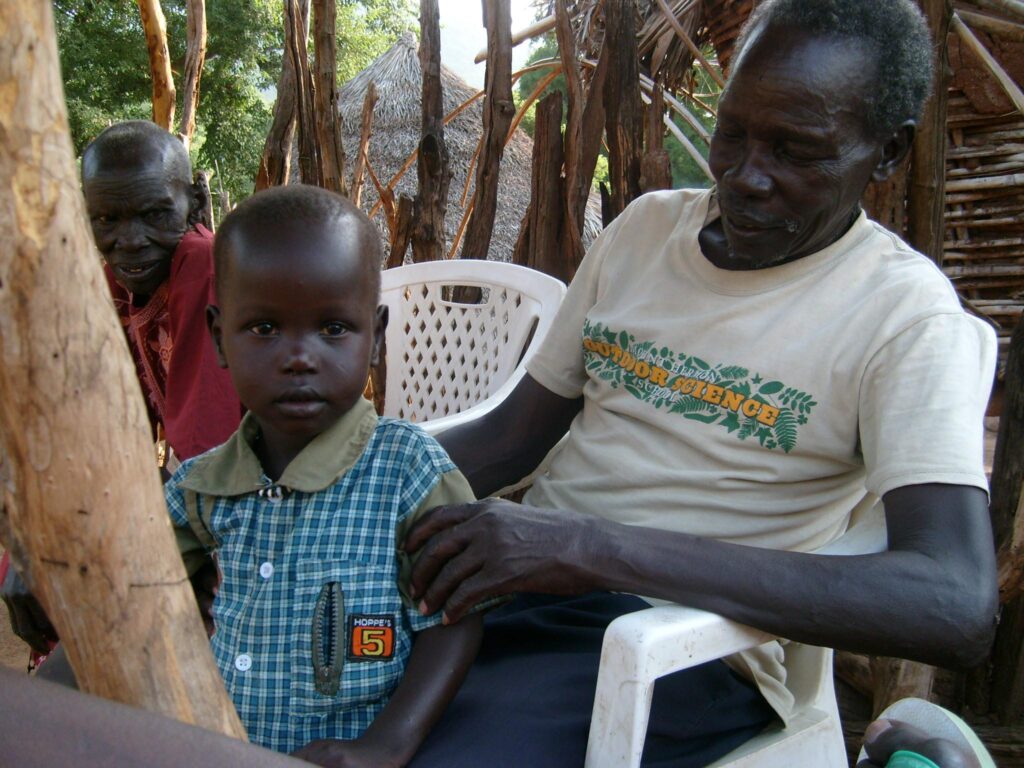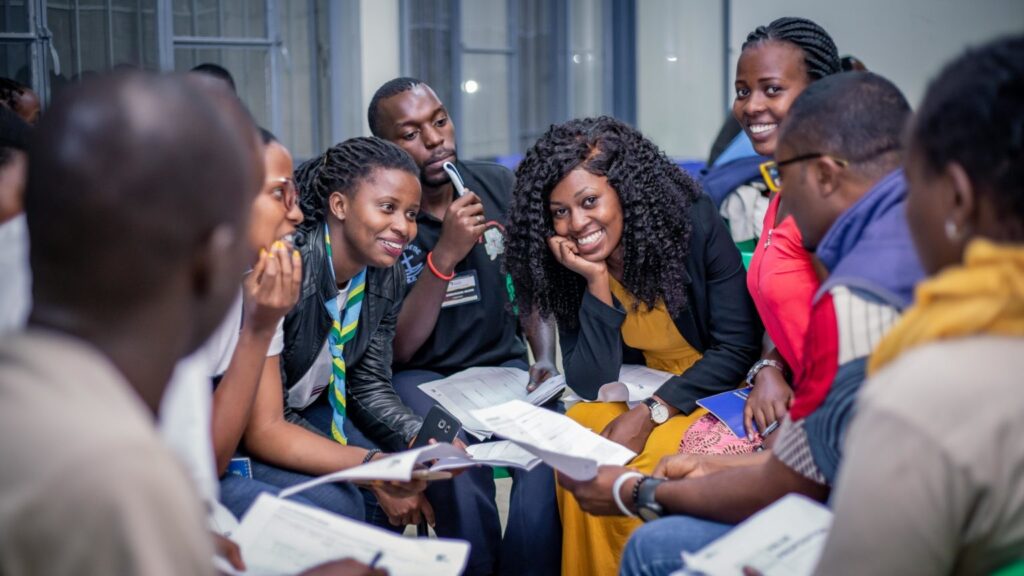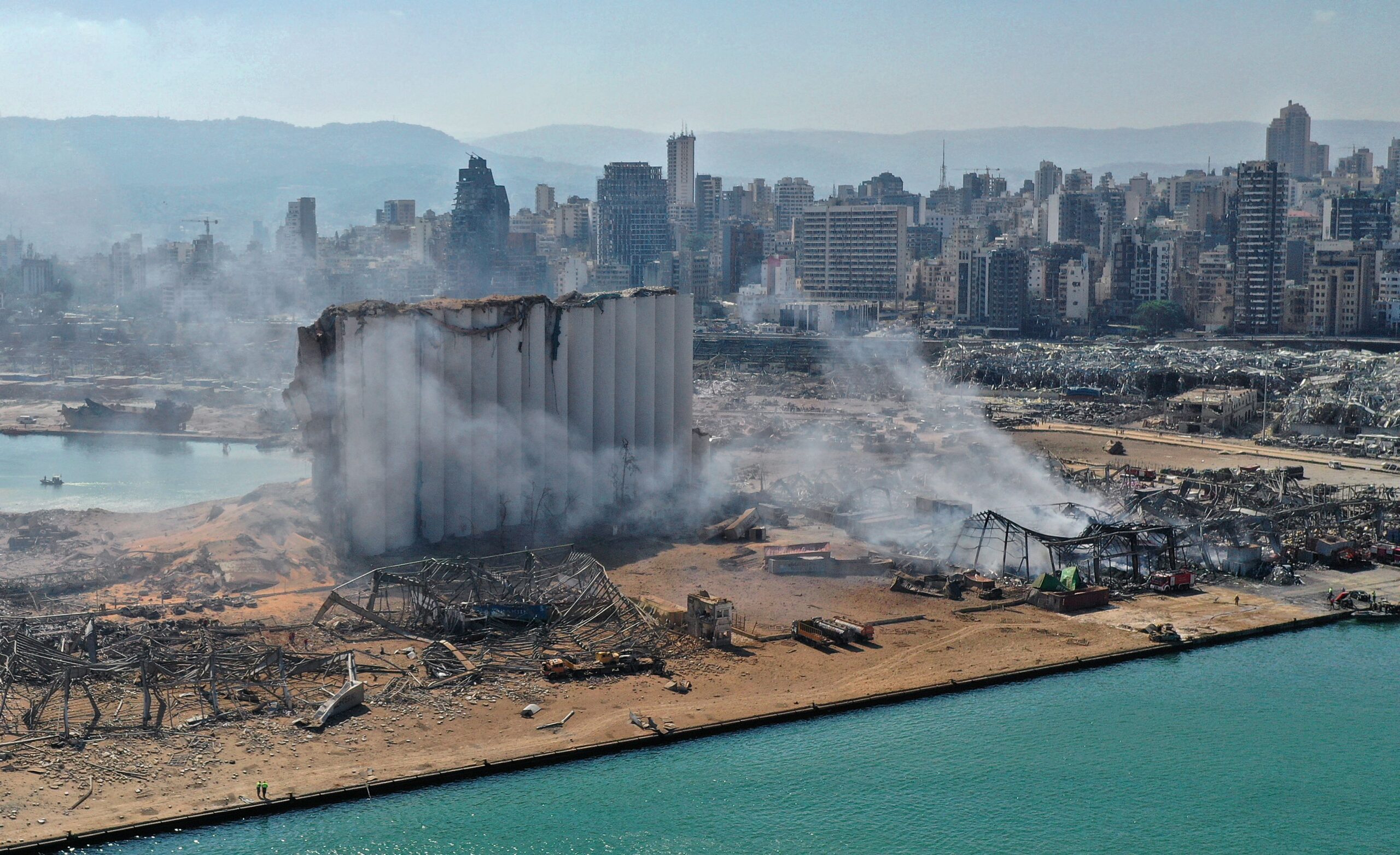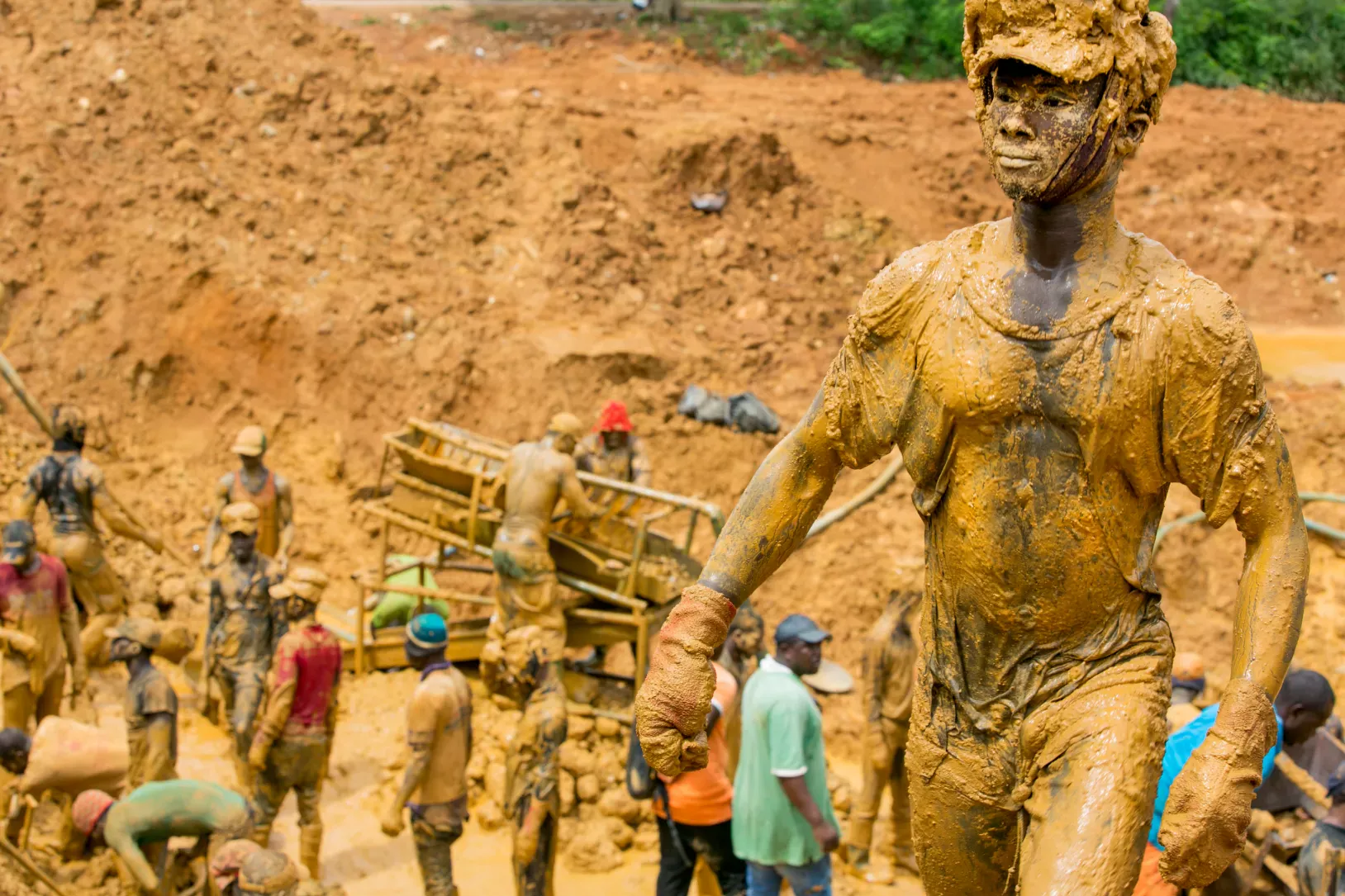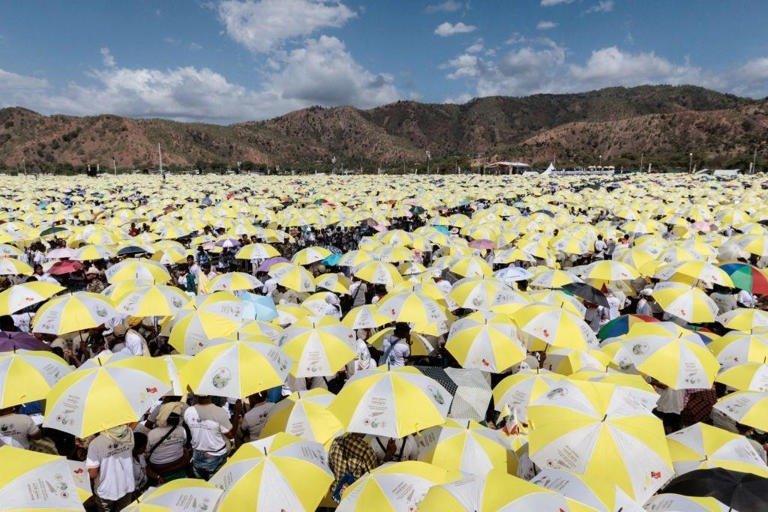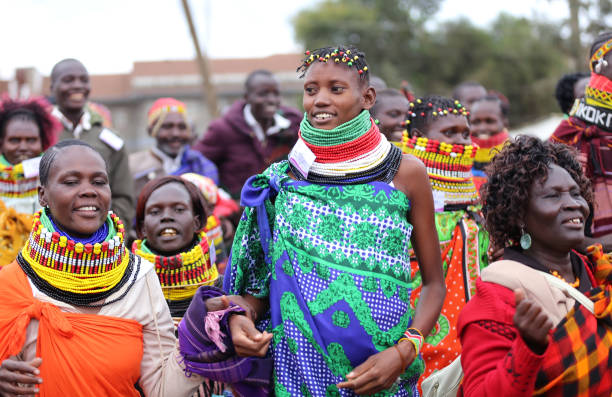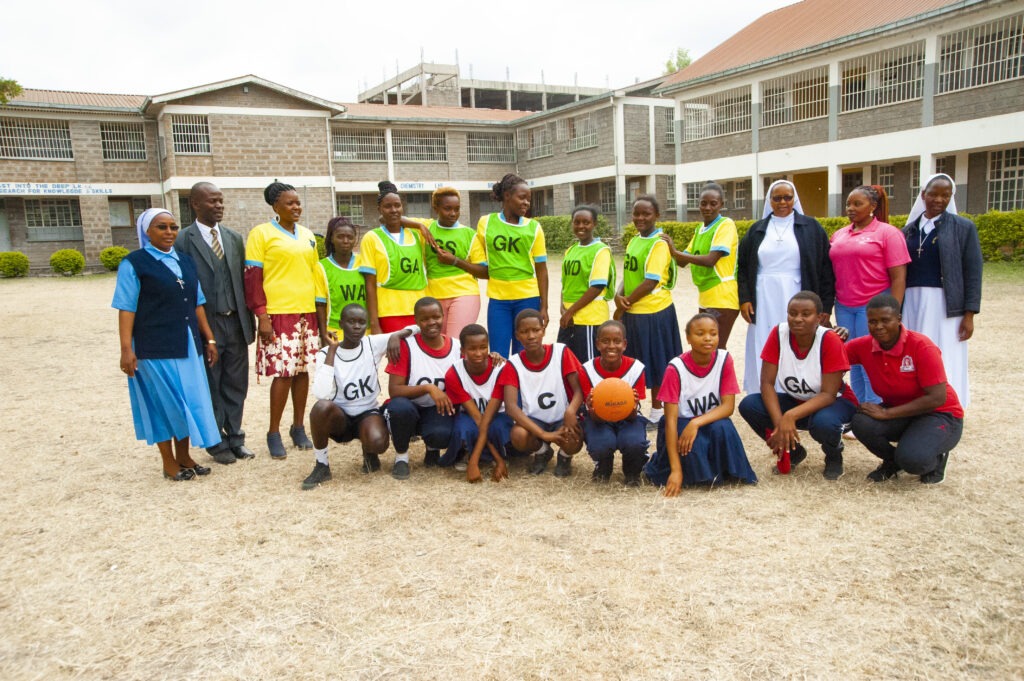He specialised in Metallic Construction, shaping objects of copper and steel, because he wanted to improve the life of people around him. He ended up modelling young people who want to transform the world. He considers this the most exciting challenge.
By Adossi Koffissan Matthias, Mccj.
I was born in 1976 in Amadenta, a village not far from Lomé, the capital of Togo. My family was rather modest, but my father and mother used to tell my two brothers, two sisters and me that we should be grateful to God for the little we had.
I was good at school. Once I heard dad telling mum that I was a “precocious child”. I thought that they were talking about one of the many vices I had. When they explained what it meant, I laughed. The truth was that I worked hard and committed myself to the study, asking many questions to the teacher when I did not understand or wanted to understand more deeply.
My parents were ‘crazy’ about their children. They thought we were the best kids in the village. In fact, they were just proud of their family. Today, I recognise the importance of that attitude of theirs: they affirmed us continuously, as we grew questioning our capabilities, based on the various encounters in our lives. And I have never forgotten that lesson. Today I am an educator, and I continue to believe in the importance of ‘affirmations’, to help those who have been entrusted to my care develop foundations on which to grow.
Very active – I liked going to catechism classes, longing to reach the day of my First Communion. With greater enthusiasm, I followed the lessons in preparation for Confirmation. Praying at home, going to church and serving Mass as an altar boy were the most obvious things I could do. And I did them with joy.
followed the lessons in preparation for Confirmation. Praying at home, going to church and serving Mass as an altar boy were the most obvious things I could do. And I did them with joy.
As young Christian, I found myself involved in many parish activities. Soon I was invited by the parish priest to become a catechist. I agreed with enthusiasm. I felt it was great to share my faith with others, preparing young boys and adults for the three sacraments of Christian initiation. Armed with my guitar – thought with very basic guitar playing skills – I would animate lessons and meetings with songs and dances.
One day, the choirmaster heard me singing to children, and told me: “You have a nice voice. Join the parish choir”. I did not have the invitation repeated twice, and I became an active choir member, believing in what has been attributed to Saint Augustine: “He who sings pray twice”.
One thing led to another and, few months later, I was a member of the Marian Prayer Group. It was not ‘only’ a prayer group; in fact, it was very much activity-oriented. Its aims was open apostolate. We would visit the sick and the aged. When going to either fetch water at the well or collect firewood in the bush, we would make sure to pass by some sick or elderly person’s huts, asking them whether they needed anything. On our way back, we would pass by them again with some water and a few bundles of sticks for their needs. Of course, we would also pray for them and with them, but only after cooking some food for them.
Love for metals – While doing all the above, I was in a technical high school, enrolled in a course of blacksmithing and metalworking. Today, I know that that course determined my choosing to be a religious Brother. I wanted to do something useful for the others. I wanted to improve the life of people. Yet, no matter how many satisfactions we can experience in our life, how many results we can achieve, and how many dreams we can realise, in our heart lies an inexhaustible deep desire never truly satisfied. Yes, I desired to do more, much more. Indeed, God began calling me through the pleasure I felt in touching copper, fashioning steel, shaping and transforming them into what my mind was imagining.
Brother Alfredo – My parish covered the entire western suburb of Lomé. To run it, the bishop had called the Comboni Missionaries, who, in a short time, had opened 22 outstations. My village was served by the outstation of Athiémé, a couple of kilometres away from home. The priest would come to celebrate mass in our village only once in a month. To visit us regularly, instead, was a Portuguese brother, called Alfredo Do Rosario. He was in charge of the Comboni postulancy for brothers, in Lomé, but he always had time for us. Eventually, he was made responsible of our outstation.
Every Sunday, he would come to animate the Celebration of the Word–with Holy Communion. He was never in a hurry. After the celebration, he would not ran away, as the priest would do to be on time for mass in another place. He would chat with people, teach catechism to the catechumens, and visit some families. In the afternoon, he would break the ‘Sabbath rest’ by inviting people to join him in planting trees or give a push to a development project. He even convinced people that time had come for them to have their proper church, and all competed in offering their service. A couple of months later, he began drilling two new boreholes, and trained people to repair the two old ones. Truly, he become one of us. More than that: he become our reference person. That was the moment I decided I would be like him: a missionary brother.
In-charge – In September 1998, I joined the Comboni postulancy in Lomé. Four years later, I was sent to Kinshasa for the first canonical year of Novitiate. In June 2003, I went back to Lomé for the second year, which ended in May 2004 with my first vows. Soon, I was sent to the Comboni Brothers International Centre, in Nairobi, Kenya, for the last phase of my formation, during which I took a Diploma in Sciences of Human Development, and a Bachelor’s Degree in Leadership and Management.
Now I was ready to begin my work as a brother. I was dreaming that I be posted to a mission field. God, however, had another plan for me. In fact, I was sent to the Comboni province of Malawi-Zambia, to be the director of the Comboni Technical College, in Lunzu (Malawi). I spent the following seven and half years trying to transform the school into an institution capable of providing the trainees with a holistic technical education.
 The youths who came to us had completed secondary school education, but had not been selected to join university because of limited places available. We tried to instil in them the desire of becoming ‘transformers of society’.
The youths who came to us had completed secondary school education, but had not been selected to join university because of limited places available. We tried to instil in them the desire of becoming ‘transformers of society’.
We kept our fees lower than any Government technical college, thus offering young people from poor families the chance to raise their standard of life, while working to make the world a better place to live in. While demanding strict discipline of the students, I worked with teachers and instructors to make use of additional classes to meet the personal needs of each student. We also imparted technical and entrepreneurial skills to our students. In fact, most of them were employed as soon as they completed the course, and continued to deliver exemplary work to their employers.
One of the unforgettable moments of those years was Saturday, 3rd December 2011, the day of my perpetual vows, in Cacaveli–Lomé. My family, relatives and friends joined me in praising and thanking God for all he has done for us. The best gift I received that day was a relic of St. Francis Xavier from the then Provincial Superior, Fr. Miante Gerolamo. My mum was asked to say a few words. She said: “I have always considered Matthias a gift from God. I had always thought that his elder brother was the last son. Instead, twelve years later, I was granted Matthias”. That very day, somebody revealted to me that my name was of Greek origin, meaning ‘gift of God’.
 Shaping young Combonis – In 2016, the major superiors of the Institute appointed me to the Comboni Brothers International Centre (CBIC), in Nairobi, in charge of the formation of the young Comboni missionaries who had just taken the first temporary vows and were at the last stage of their basic formation. After a year of preparation for the new service, in Rome, I joined the community in Nairobi. It was for me a triple somersault. I was no longer in charge of the young brothers’ studies – all were following courses in the various institutes of higher education of Nairobi –, but rather their elderly brother, ready to guide them through a new experience of religious life in an international and multicultural community, in view of their final commitment to the mission.
Shaping young Combonis – In 2016, the major superiors of the Institute appointed me to the Comboni Brothers International Centre (CBIC), in Nairobi, in charge of the formation of the young Comboni missionaries who had just taken the first temporary vows and were at the last stage of their basic formation. After a year of preparation for the new service, in Rome, I joined the community in Nairobi. It was for me a triple somersault. I was no longer in charge of the young brothers’ studies – all were following courses in the various institutes of higher education of Nairobi –, but rather their elderly brother, ready to guide them through a new experience of religious life in an international and multicultural community, in view of their final commitment to the mission.
Today, I am still enjoying this experience. My role is a challenging one, but also fascinating. The brothers are not only students, but also young confreres who want to become what our Founder, St. Daniel Comboni, intended his missionaries to be. Our community is a mosaic of cultures, which changes every year, with the arrival of new scholastics. My main responsibility is to draw out of them the best gifts God has put in them, and make them flourish, without clipping wings, but rather encouraging them to fly higher and higher

